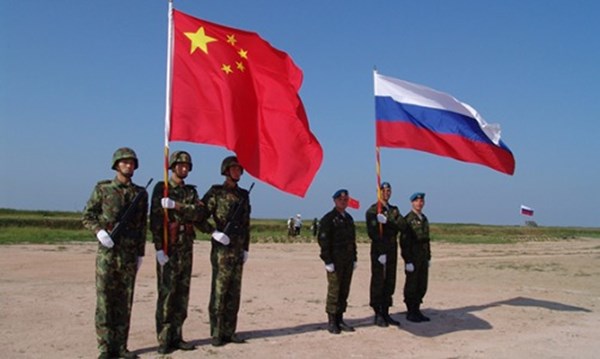Russia's eroding sovereignty: Beijing's influence redefines Moscow's role on global stage
In a geopolitical chessboard reshaped by global conflict and shifting alliances, Russia's touted "sovereignty" narrative seems increasingly hollow as Moscow grows more reliant on Beijing. With China in the driver's seat, forcing unfavorably one-sided deals, Russian propaganda’s independence rhetoric faces a harsh reality check. Neue Zürcher Zeitung reports that experts have long warned about Moscow’s growing dependency on Beijing, as China’s influence transforms Russia into a geopolitical subordinate. A striking example can be seen in the burgeoning use of the yuan: by 2024, the Chinese currency became Russia's most-used foreign currency, highlighting Russia's financial subjugation.
Severed from Western markets due to the Ukraine conflict and sanctions, Moscow is forced to sell its resources to China at significantly reduced prices. President Xi Jinping easily secured advantageous gas tariffs far below those offered to European buyers, draining Russia’s coffers even further. A significant nod to China's leverage is seen in agreements regarding the Arctic sea route — a region Moscow once fiercely guarded from foreign influence. Now, Beijing assumes a crucial role in an area historically vital to Russian strategic interests, confirming Xi’s commanding hand while Putin follows Beijing’s lead.
In a conspectus of the Sino-Russian trade landscape, Russia conspicuously fits the profile of a classic colony. While Moscow exports raw materials — oil, gas, and natural resources — Beijing sends back finished products: cars, electronics, machinery, and consumer goods. China dictates the rules, setting prices both for purchases and sales, in an arrangement reminiscent of colonial-era trade dynamics. The picture emerging is of Russia reduced to a raw material appendage under evolving Chinese metropolitan policies.
As political and economic imbalances grow starker, it is apparent that Xi firmly steers the course, particularly as Putin faces untenable choices amid global isolation and cut ties with Europe. Capitalizing on these vulnerabilities, China adeptly turns circumstances to its benefit. In this geopolitical dance, while the Kremlin continues to speak of autonomy, the reality unfolds differently: China's expansive influence chips away at what remains of Russian sovereignty.
